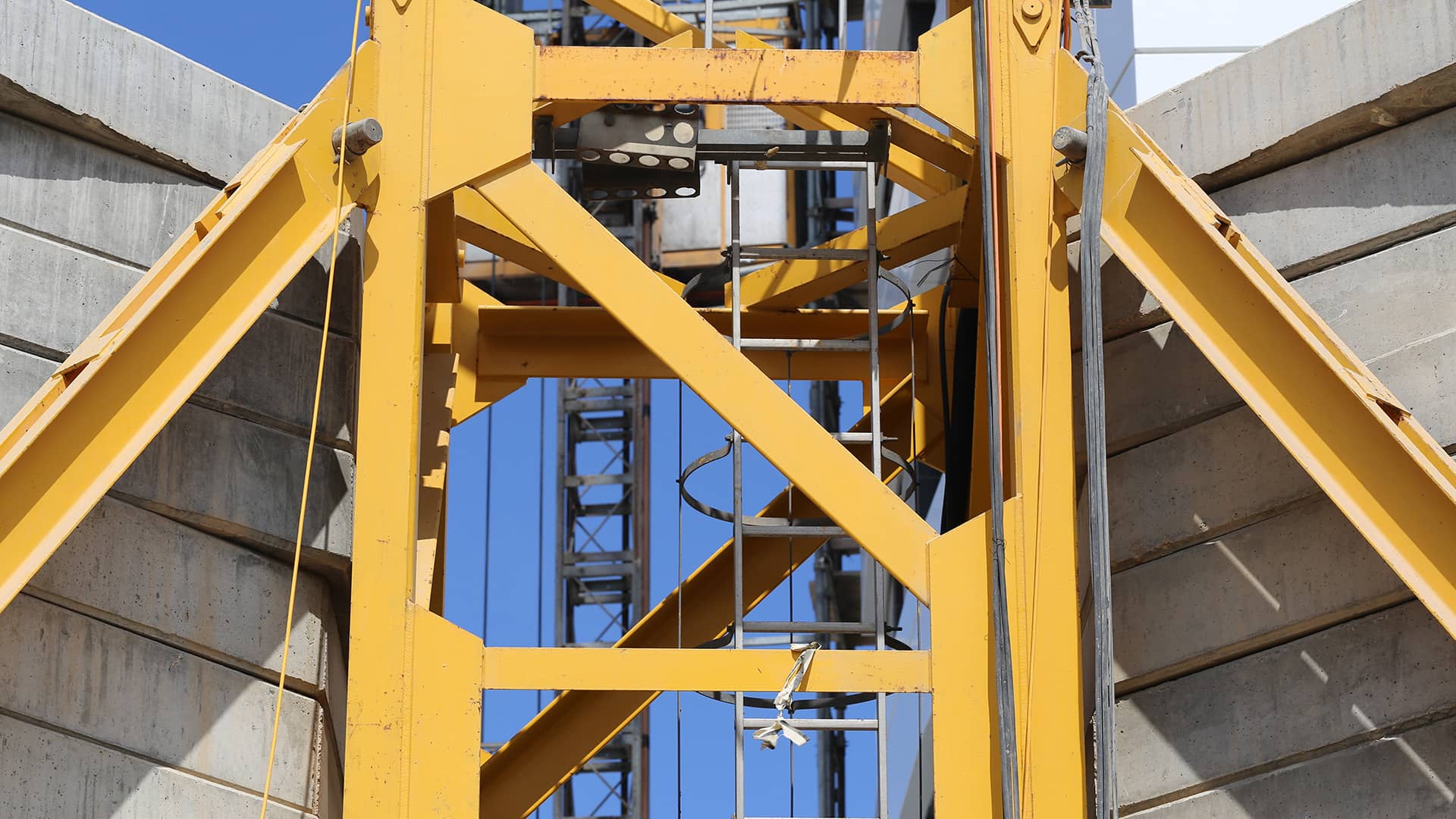


Conditional payment clauses such as ‘pay when paid’ or ‘pay if paid’ are included in construction contracts as a form of risk mitigation and to help contractors manage cashflow by making a contractor’s obligation to pay a subcontractor contingent upon receiving payment from the employer. While such clauses are unenforceable in jurisdictions like the UK and Singapore, the position is not as straightforward in India, which is why such clauses continue to be drafted into contracts. This article examines the status of conditional payment clauses in India and the recent decisions on the subject by the Delhi High Court.
These clauses typically appear in “back-to-back contracts” (sometimes also called parallel contracts), which usually involve two sets of contracts – (i) the main contract between the employer / owner / principal and the main contractor; and (ii) the subcontract(s) between the main contractor and its subcontractor(s). In more complex projects, there can be several contracts in a back-to-back chain. The purpose of a conditional payment clause in such back-to-back contracts is to mitigate the risk of the main contractor having to pay their subcontractor even when the requisite payment has not been received from the employer / owner / principal.
Usually there is a distinction between a “pay when paid” clause and a “pay if paid” clause. A “pay when paid” clause relates to the timing of the payment – i.e. the contractor can delay payment to the subcontractor until it receives payment from the employer. On the other hand, a “pay if paid” clause means that the contractor’s obligation to pay the subcontractor for work only arises if it is paid by the owner or employer, shifting the risk of non-payment by the owner or the employer to the subcontractor.
While not a case where the Indian courts dealt with a conditional payment clause, the Indian Supreme Court in Zonal General Manager, Ircon International Ltd. v. Vinay Heavy Equipments [2015 (7) SCJ 320] made clear that simply being in a chain of back-to-back contracts was not enough to imply a conditional payment clause into a subcontract. The contracts in question in this case involved back-to-back contracts where the payment provision simply stated that ‘payment terms are ‘back-to-back’, without including an express conditional payment clause. The contractor argued that it was unable to pay the subcontractor because payments were not released by the employer and the contracts were of a back-to-back nature. The Supreme Court dismissed this argument, holding that in the absence of a specific provision in the contract, the rules of privity of contract would apply, and the contractor would not be able to rely on the employer’s non-payment to refuse payment to the subcontractor.
This decision was closely followed by the decision of the Delhi High Court in National Projects1, where the subcontractor, aggrieved by the non-payment of dues by the contractor, filed for arbitration for recovery. The contractor relied on a clause in the subcontract that stated that payment when received by the contractor from the employer shall be released to the subcontractor within five working days.
The Delhi High Court held that there was no privity of contract between the owner and the subcontractor and observed that back-to-back clauses should not be interpreted in a manner that denies the subcontractor payment for their work performed, merely because the contractor has not received payment from the owner. It held that any such interpretation would be grossly unjust, inequitable and against public policy. The court also considered that it was not implicit in the clause that if payment is not released by the employer for the work done, the contractor is not entitled to any payment.
While the available jurisprudence on conditional clauses is not extensive in India, in the past 2 years, there have been three decisions from the Delhi High Court on conditional payment clauses which have provided significant guidance on this topic — Next Generation2, Kingston Enterprises3 and Gannon Dunkerley4. Each of these are discussed below.
In this case, the subcontractor claimed under the Memorandum of Understanding (MoU) for the contractor’s unpaid bills and retention in relation to steel fabrication work. The contractor claimed that the MoU was “back-to-back” with its contract with the employer and the bills raised by the subcontractor would not become due for payment by the contractor until they were paid by the employer. Clause 5 of the contract between the employer and contractor required that the bills had to be certified by the employer before being payable. This argument was rejected by the sole arbitrator when the dispute went to arbitration, and the contractor challenged the award in the Delhi High Court.
The Delhi High Court rejected the challenge and the contractor’s argument. It held that while the pendency of the bills with the employer for certification could be a ground to defer payments to the subcontractor during the execution of the works, it could not be used as a reason to withhold payment in perpetuity, especially when the correctness of the bills was not in question.
Following the decision in Gannon Dunkerly, the Delhi High Court had another opportunity to consider ‘pay when paid’ clauses in the case of Kingston Enterprises.
The contractor (a state entity) entered into an agreement with the employer in relation to the construction of additional pre-fabricated structures in a residential accommodation project. The contractor engaged the subcontractor in a back-to-back contractual arrangement.
Clause 24.2 stated that the subcontractor’s entitlement to payment was contingent on the contractor receiving the requisite funds from the employer. The contractor withheld payment of certain invoices, citing non-receipt of funds from the employer. The subcontractor approached the Delhi Court for a writ of mandamus (to perform an act required by law) to compel the contractor to make the payments.
The Delhi High Court upheld the ‘pay when paid’ clause, finding that it was clear and unambiguous (as distinguished from National Projects and Gannon Dunkerly), and agreed that this clause allowed the contractor to pay the subcontractor only when it was in receipt of funds from the employer. However, since the case was under writ jurisdiction, the High Court did not consider the questions of fairness or unconscionability of this clause.
The judgment leaves open the possibility that, in future cases, Indian courts may scrutinise the fairness of ‘pay when paid’ clauses, particularly if challenged on grounds of unconscionability or public policy. For now, the enforceability of such clauses depends on their clarity and the specific contractual language used.
The contractor was engaged by an employer for the monitoring, inspection and reporting of a telecommunications network. It then entered into a back-to-back subcontract which contained a “Guaranteed Revenue Payment” in respect of payments due to the subcontractor.
When disputes arose over unpaid invoices, the subcontractor commenced arbitration. The contractor argued that the contracts were back-to-back, and so effectively created a pay‑when‑paid arrangement, and any deductions made by the employer entitled the contractor to make corresponding deductions from the subcontractor’s payments.
The sole arbitrator rejected this argument stating that the clause was not a pay when paid clause, and that the “Guaranteed Revenue Payment” clause was not conditional on the contractor receiving payment from the employer.
The contractor challenged this decision before the Delhi High Court, where a single judge disagreed with the arbitrator, holding that this was a pay when paid clause. However, on appeal, the Division Bench of the Delhi High Court agreed with the original findings of the arbitrator and held that the “Guaranteed Revenue Payment” clause could not be construed as a pay when paid clause. Referring to the National Projects case, the court emphasised that clauses in such back-to-back contracts should not be interpreted to deprive subcontractors of payment for work performed, merely because the contractor has not been paid by the employer.
Recent decisions by Indian courts illustrate how strictly the Indian courts interpret conditional payment clauses. Indian courts are likely to enforce a conditional payment clause only if it is clear, unambiguous and framed as a condition precedent to payment. Ambiguity or reliance on back-to-back arrangements alone will not suffice.
However, uncertainty remains as to whether even unambiguous “pay when paid” clauses could be struck down as unconscionable or contrary to public policy, particularly where they deprive subcontractors of cash flow indefinitely. Judgments such as National Projects, Gannon Dunkerly, and Next Generation indicate judicial discomfort with clauses that unfairly shift financial risk onto subcontractors.
Globally, the trend is clear: jurisdictions such as the UK, Singapore5, Australia, and Hong Kong have prohibited these clauses to protect subcontractors and workers and to promote financial stability in the construction industry. India should consider aligning with this direction by legislating against conditional payment clauses. Doing so would enhance fairness, reduce disputes, and bring Indian construction law in step with international best practice.
Footnotes:

